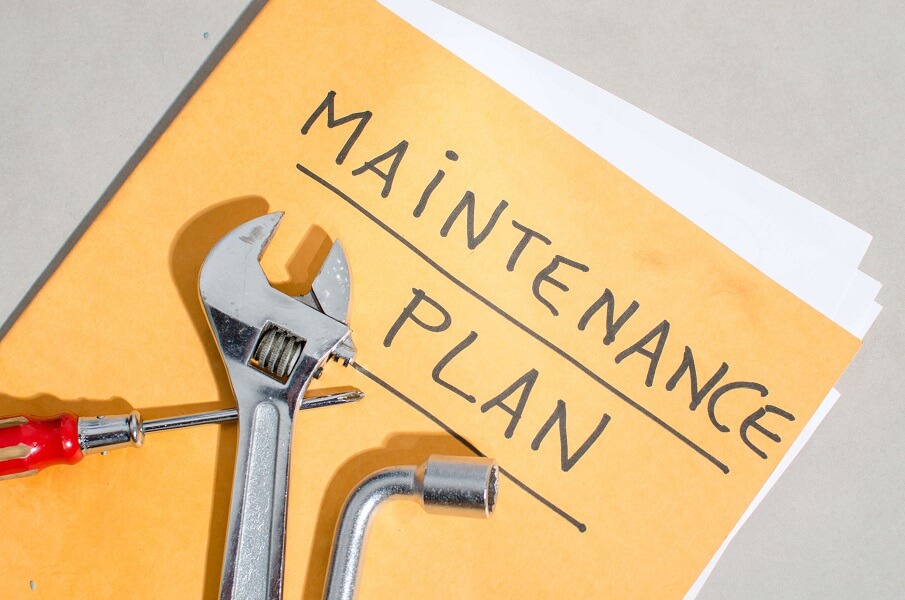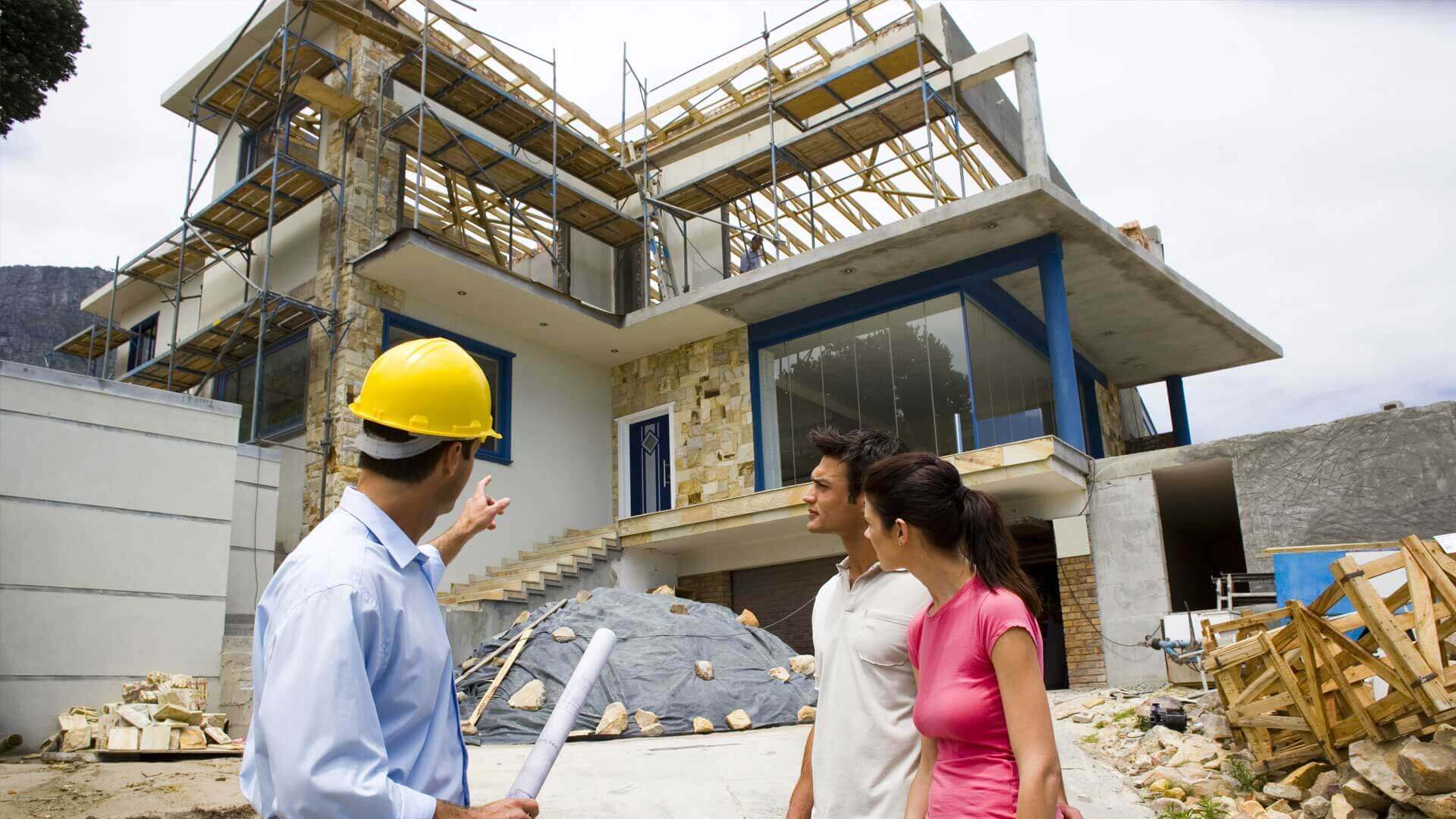London homeowners are increasingly exploring basement conversions as a way to add valuable living space and enhance the functionality of their homes. Converting an underutilized basement can provide a versatile area that serves various purposes, from additional bedrooms to home offices and entertainment spaces. This guide will cover the benefits, types, and key considerations for basement conversions in London.
Why Consider a Basement Conversion?
Maximizing Space
In a city where space is at a premium, basement conversions offer a practical solution to maximize your home’s potential. By transforming your basement, you can create additional living space without altering the external appearance of your property or sacrificing garden space.
Increasing Property Value
A well-executed basement conversion can significantly increase the market value of your home. Extra square footage is a valuable asset, especially in London’s competitive property market. Potential buyers often look for homes with ample living space, making a basement conversion a worthwhile investment.
Versatile Use
Basement conversions provide versatile space that can be customized to suit your specific needs. Whether you require an extra bedroom, a home gym, a playroom for the kids, or even a self-contained flat for rental income, a basement conversion can accommodate various uses.
Types of Basement Conversions
Existing Basement Conversion
If your home already has an existing basement or cellar, converting it into a habitable space is often the most straightforward and cost-effective option. This type of conversion typically involves waterproofing, insulation, and fitting out the basement with the necessary utilities and finishes.
Underpinning and Lowering
For properties without sufficient basement height, underpinning and lowering the floor can create the additional headroom needed for a comfortable living space. This process involves excavating the existing basement floor and lowering it to achieve the desired ceiling height. It’s a more complex and costly option but can dramatically enhance the usability of your basement.
New Basement Construction
In some cases, homeowners choose to construct a completely new basement beneath their property. This type of conversion is the most extensive and involves significant structural work. It’s ideal for those looking to create a large, multi-purpose space and can be particularly beneficial in high-value areas of London.
Key Considerations for Basement Conversions
Planning Permission and Building Regulations
While many basement conversions fall under permitted development rights, certain projects, particularly those involving significant structural changes or external alterations, may require planning permission. It’s essential to check with your local planning authority and ensure that your conversion complies with building regulations, which cover aspects like fire safety, insulation, and ventilation.
Waterproofing and Damp Proofing
One of the most critical aspects of a basement conversion is ensuring the space is waterproof and protected from damp. This typically involves installing a waterproof membrane, tanking slurry, or a cavity drainage system. Proper waterproofing not only makes the space habitable but also protects your investment in the long term.
Structural Integrity
Basement conversions often involve significant structural changes, so it’s crucial to work with experienced structural engineers and builders. They will assess the existing foundations, design any necessary reinforcements, and ensure the structural integrity of your home is maintained throughout the conversion process.
Lighting and Ventilation
Basements naturally lack natural light and ventilation, so it’s important to incorporate solutions that create a bright and airy environment. This can include installing light wells, sun tubes, and high-quality artificial lighting. Adequate ventilation systems are also essential to maintain air quality and prevent issues with damp and condensation.
Budget and Financing
Basement conversions can be a significant financial investment. Setting a realistic budget that includes all potential costs, such as design, construction, waterproofing, and interior finishes, is essential. It’s also wise to factor in a contingency fund for unexpected expenses. Exploring financing options and working with builders who offer transparent pricing can help manage costs effectively.
Conclusion
Basement conversions offer a fantastic opportunity to add valuable living space to your London home. By understanding the different types of conversions and considering key factors such as planning permission, waterproofing, structural integrity, lighting, ventilation, and budget, you can embark on your project with confidence. With the right planning and expert guidance, a basement conversion can transform your home and enhance your lifestyle.




